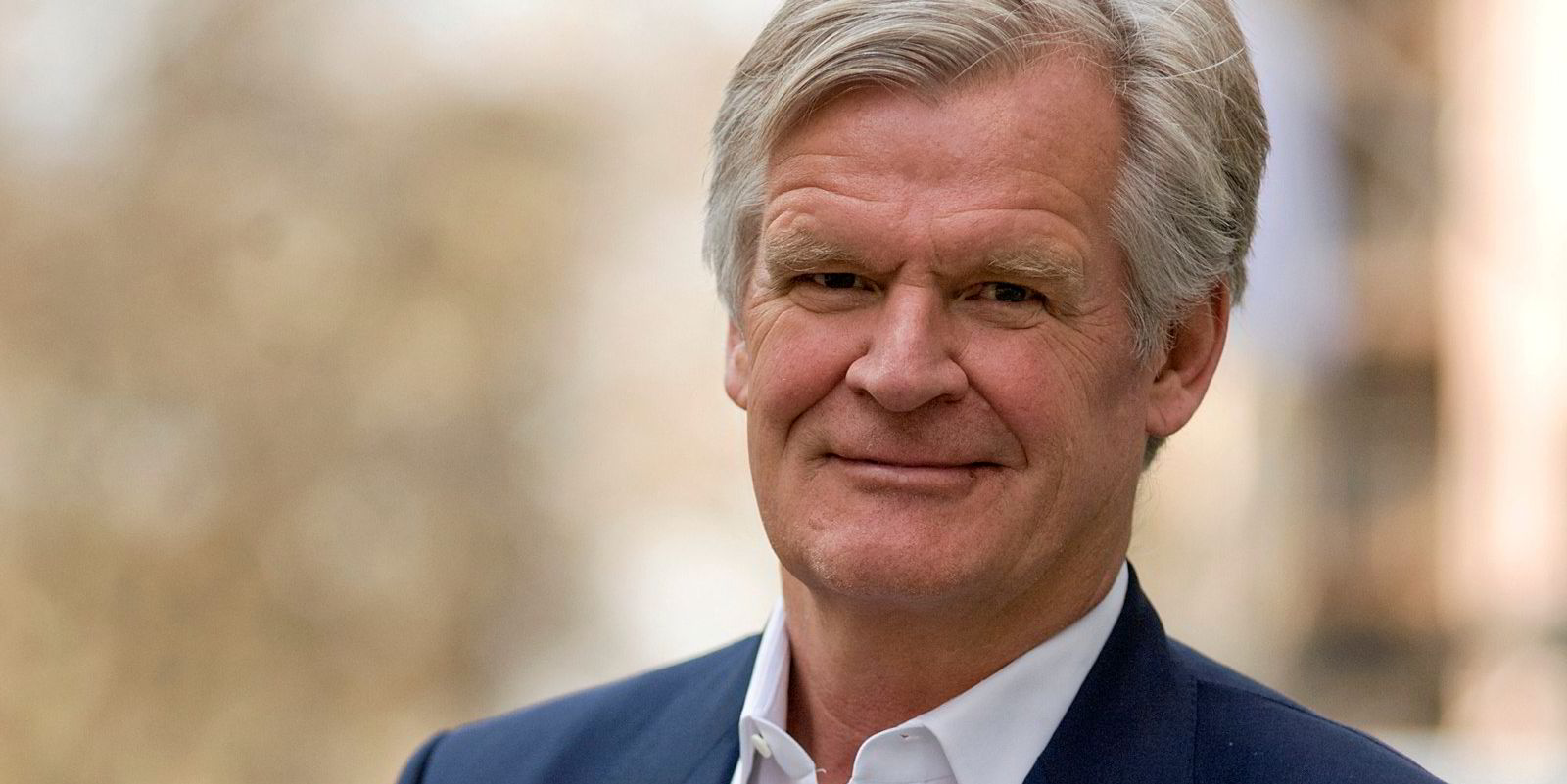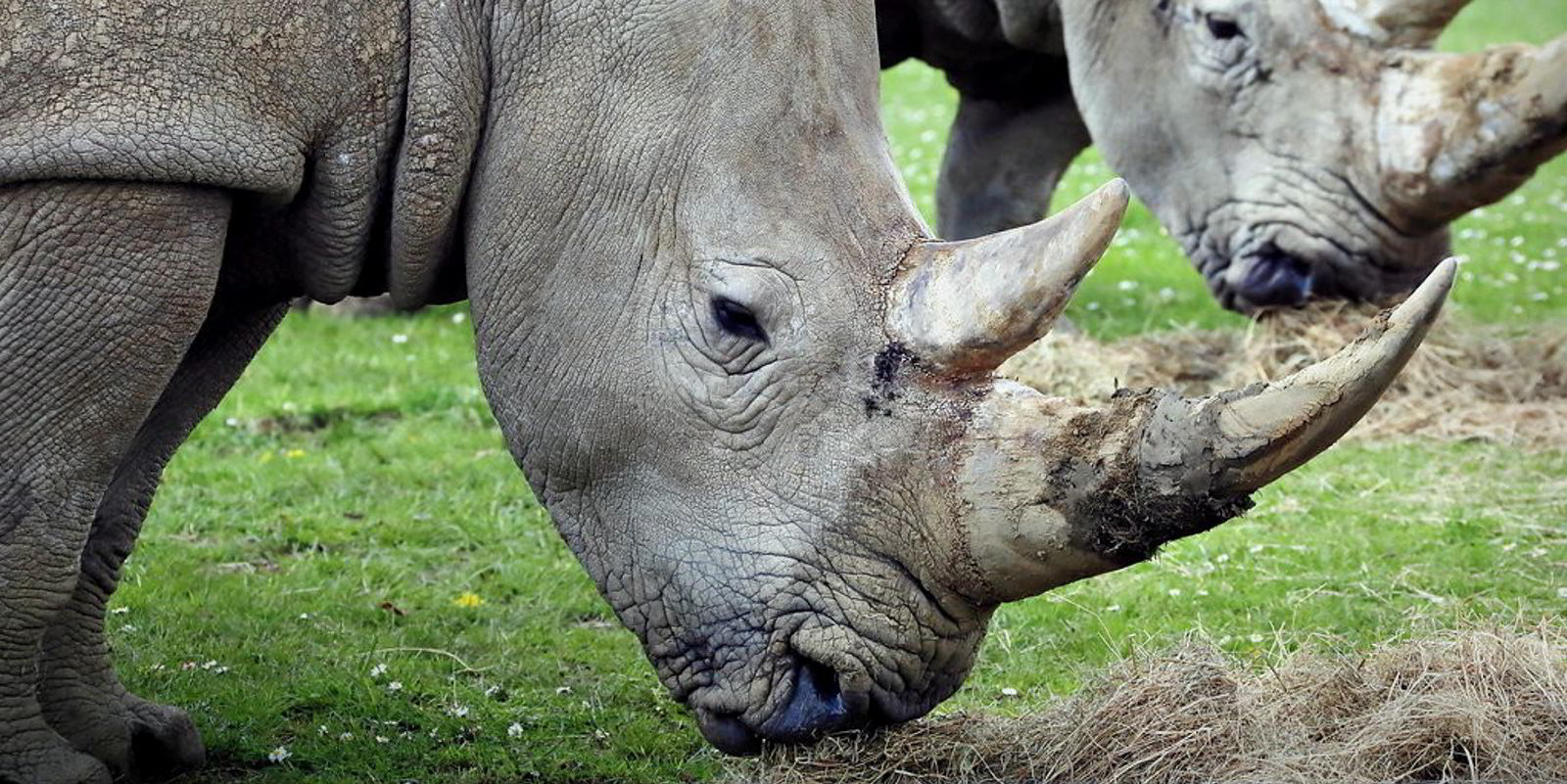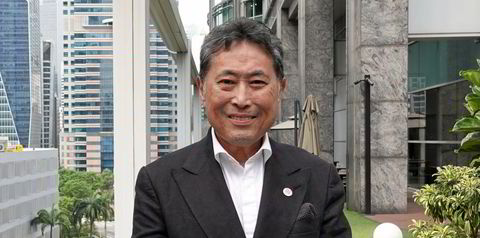Earnings are set to jump at bulker owner Himalaya Shipping as capesize rates surge, Clarksons Securities argues.
The investment bank said the New York and Oslo-listed newcastlemax owner “stands out for its exceptional earnings and dividend potential, which stems from its size premium and pronounced leverage”.
The Tor Olav Troim-backed company will have all 12 new ships operational by next summer.
Clarksons Securities is forecasting the company to break even in 2023 but then log a net profit of $37m in 2024.
Although capesize rates were softer than expected in the third quarter, they have recently surged, currently exceeding $30,000 per day, analysts led by Frode Morkedal pointed out.
Despite a high net loan-to-value ratio of 77%, the debt has a fixed coupon that protects the company from rising interest rates, they added.
“While Himalaya Shipping’s cash reserves are not substantial and may be strained if market conditions worsen, the company is well-positioned to manage short-term liquidity risks by capitalising on a strong spot market and an improved forward freight agreement (FFA) market,” the analysts said.
Clarksons Securities has a “buy” rating on the shares, which are trading at NOK 56 ($5.05) in Oslo.
The investment bank estimates that a 10% increase in newcastlemax vessel values could increase the current net asset value of NOK 61 per share by more than NOK 20 per share.
“Due to its financial gearing, the upside potential is significant,” Morkedal and his team said.
Himalaya has just secured two more index-linked contracts for its newbuildings, bringing the total number to 10. On average, these contracts allow the vessels to earn a 42% premium over the Baltic Exchange’s capesize index.
Capital expenditure limited
The company also retains 75% of the benefits from either scrubber or potential LNG savings.
The shipowner raised $44.9m through its New York Stock Exchange listing in March, allocating these funds to equity commitments for scrubber installations and balancing working capital.
“Although the company’s cash reserves are relatively modest, $24.2m at the end of the second quarter, the remaining capital expenditure for equity funding is minimal,” the analysts said.
Only 10% of each scrubber’s cost, or about $0.2m per unit, remains to be funded by equity.
“While the peak season for Brazilian iron ore exports is winding down, the sustained strength in bauxite exports from Guinea, along with healthy coal volumes, could prolong the favourable market conditions through year-end,” they added.
“As is typically the case, expectations for the first quarter are subdued due to Brazil’s rainy season, but with a strong fourth quarter, the company should build its cash position,” the analysts said.
They argue that the company may hedge the first quarter by converting some index-linked contracts to fixed deals.





